Choosing the Right Location
The first step in adding a garage is picking the ideal location. Choose a place that offers easy access to your home without disrupting other outdoor activities. Take into account your lot size and local setback regulations.
Attaching the garage to your home can be both convenient and economical. Alternatively, a detached garage offers greater flexibility with size and design, allowing you to tailor it to your specific needs.
Design Considerations for Functionality
First and foremost, the garage size must be ample for your vehicles and storage needs. Next, think about the layout. Incorporating a workbench or storage shelves can enhance functionality. You should also consider the type of doors you want to use, such as overhead or sliding doors.
Additionally, focus on lighting, ventilation, and insulation. Proper lighting and ventilation are essential for comfort and safety, while good insulation ensures the garage remains comfortable year-round.
Understanding Legal Considerations
Building Permits and Zoning Laws
Before starting your garage addition, it is essential to secure the required building permits from your local government. These permits ensure your project adheres to local building codes and zoning laws, avoiding fines and legal issues.
Zoning laws regulate land use in your area, influencing your garage's size, location, and design. For instance, there may be requirements for how far your garage must be from the street or neighboring properties. Make sure to research your area's zoning laws thoroughly before beginning construction.
HOA Guidelines and Restrictions
If your neighborhood has a homeowners association (HOA), familiarize yourself with its guidelines and restrictions regarding garage additions. HOA rules may specify your garage's size, design, and placement. Often, HOAs require approval before construction begins.
Ensure you review your HOA's regulations carefully ahead of starting your project. Non-compliance can lead to fines and legal consequences.
Budgeting
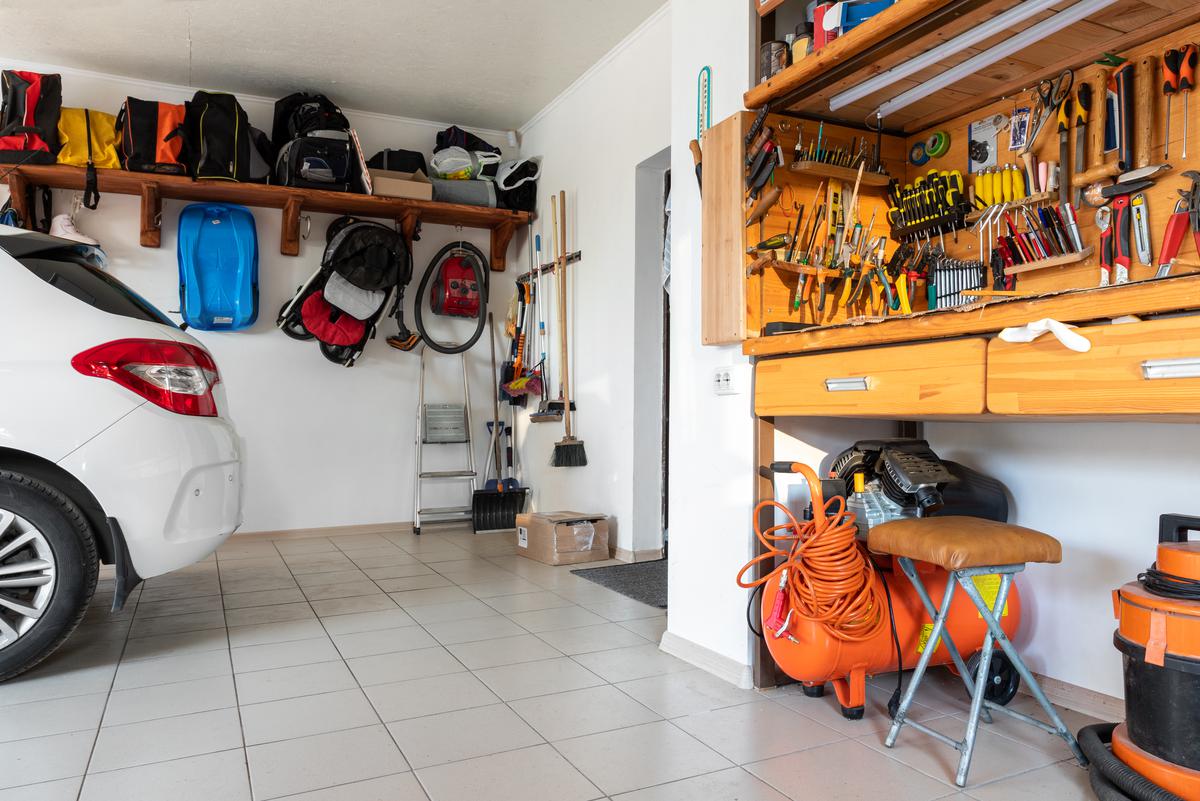
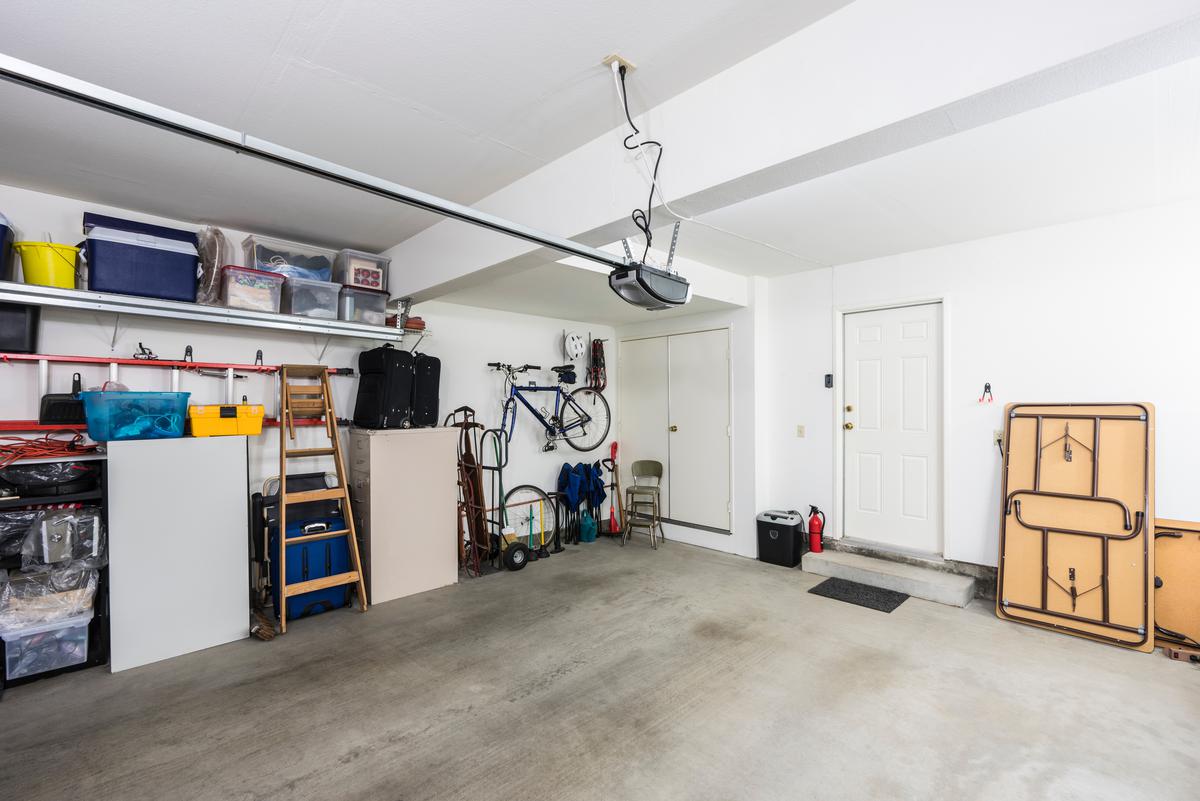
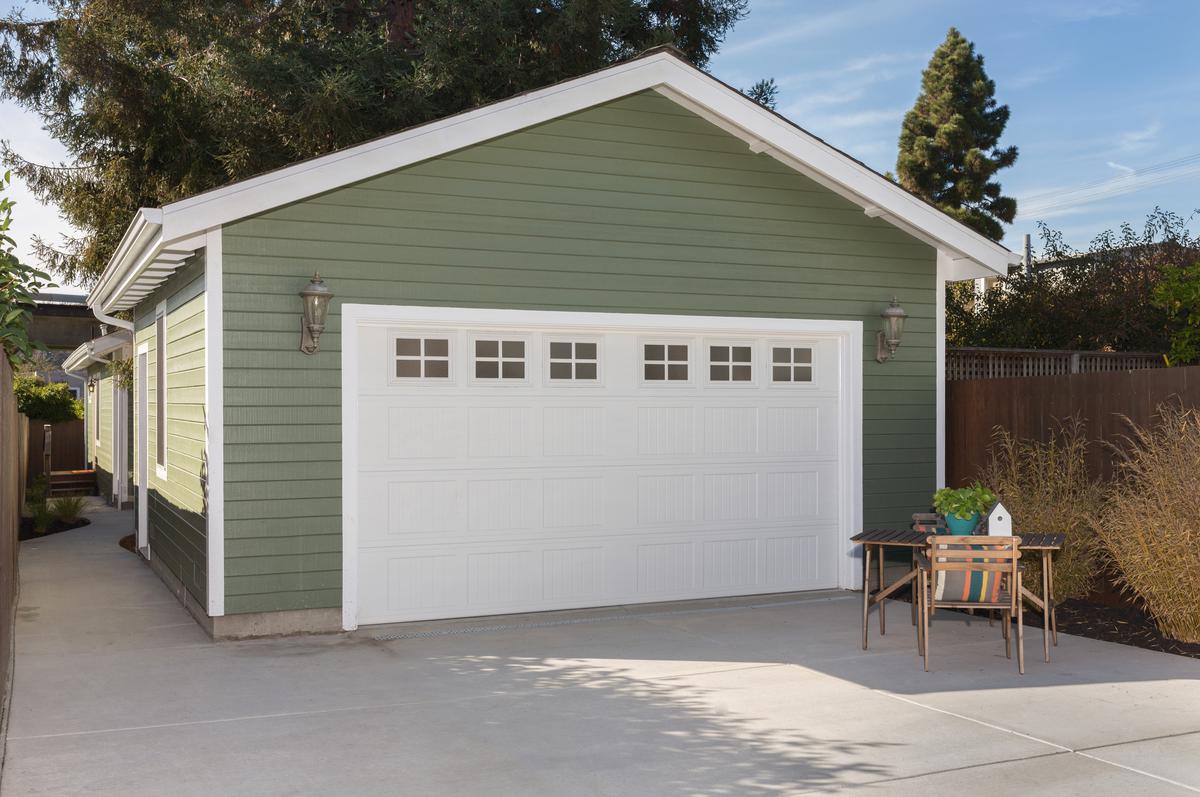


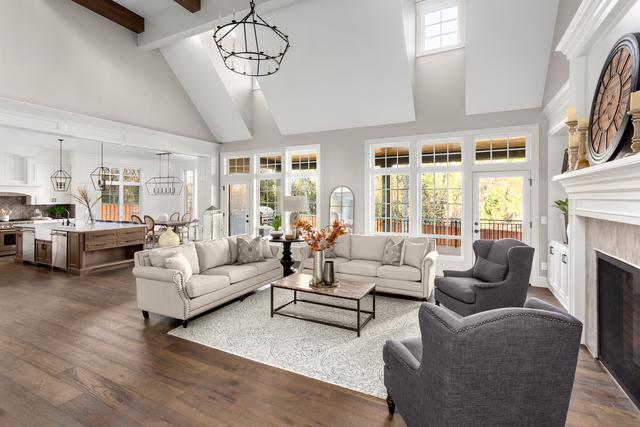


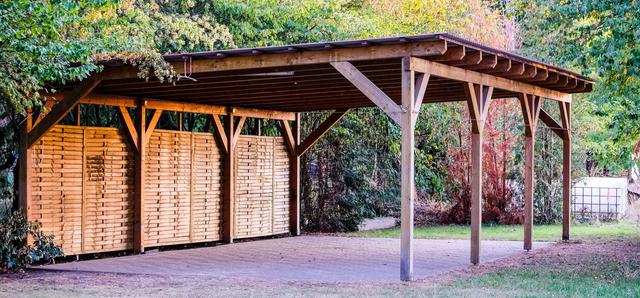
comments